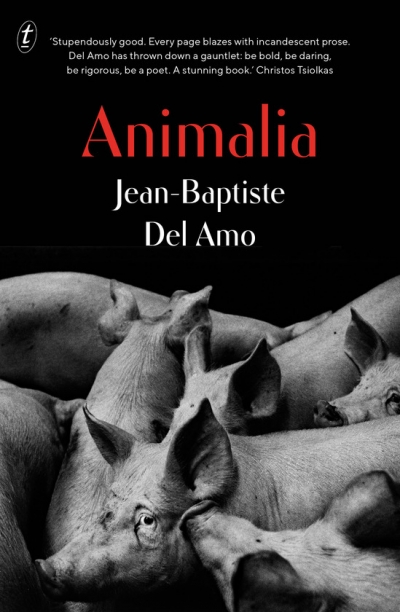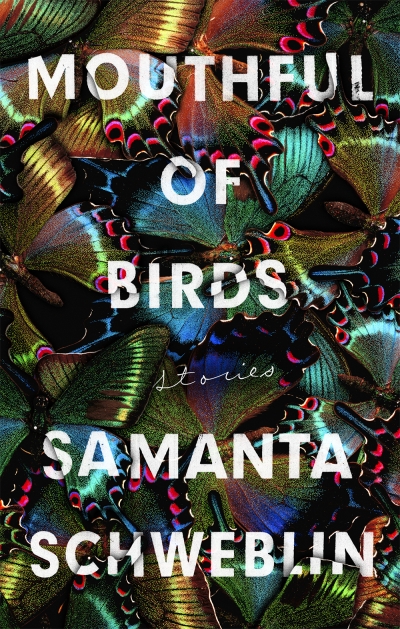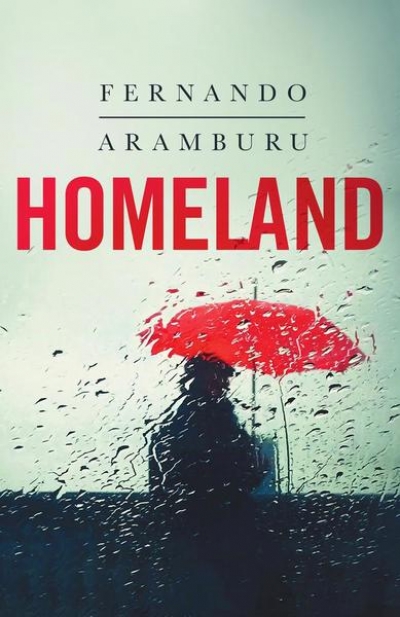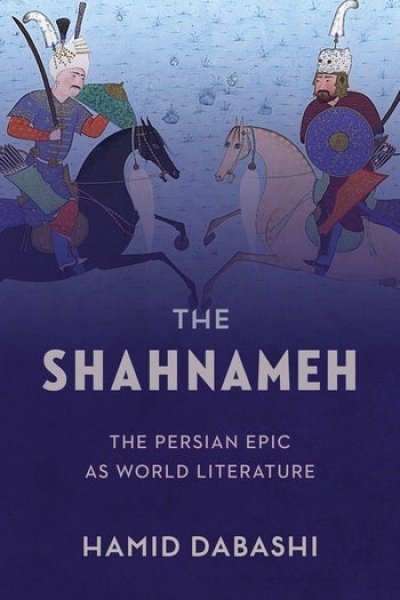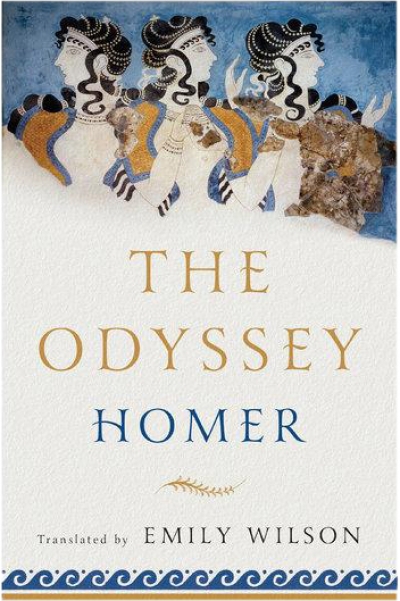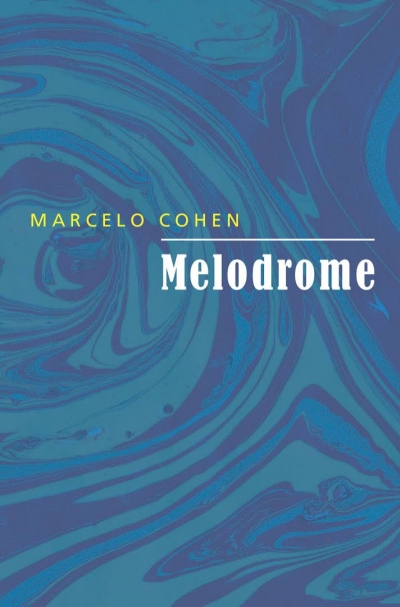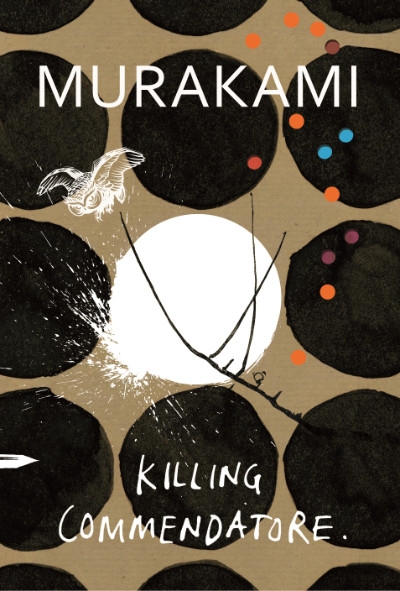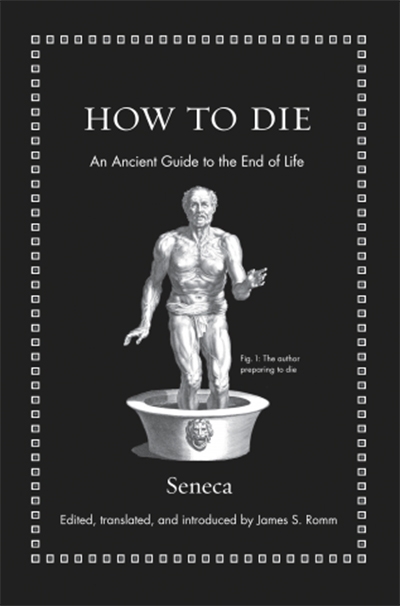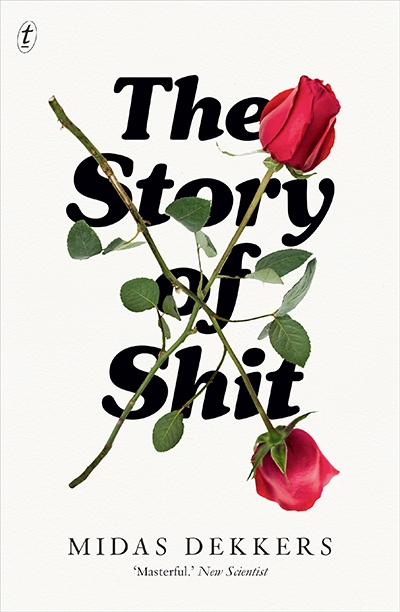Translations
Animalia by Jean-Baptiste Del Amo, translated by Frank Wynne
by Phoebe Weston-Evans •
Mouthful of Birds: Stories by Samanta Schweblin, translated by Megan McDowell
by James Halford •
Homeland by Fernando Aramburu, translated by Alfred MacAdam
by Gabriel García Ochoa •
The Shahnameh: The Persian epic as world literature by Hamid Dabashi
by Darius Sepehri •
The Odyssey by by Homer, translated by Emily Wilson & The Iliad: A new translation by by Homer, translated by Peter Green
by Marguerite Johnson •
Killing Commendatore by Haruki Murakami, translated by Philip Gabriel and Ted Goossen
by Cassandra Atherton •
How to Die: An Ancient guide to the end of life by Seneca, edited and translated by James S. Romm
by Marguerite Johnson •
The Story of Shit by Midas Dekkers, translated by Nancy Forest-Flier
by Lauren Fuge •

